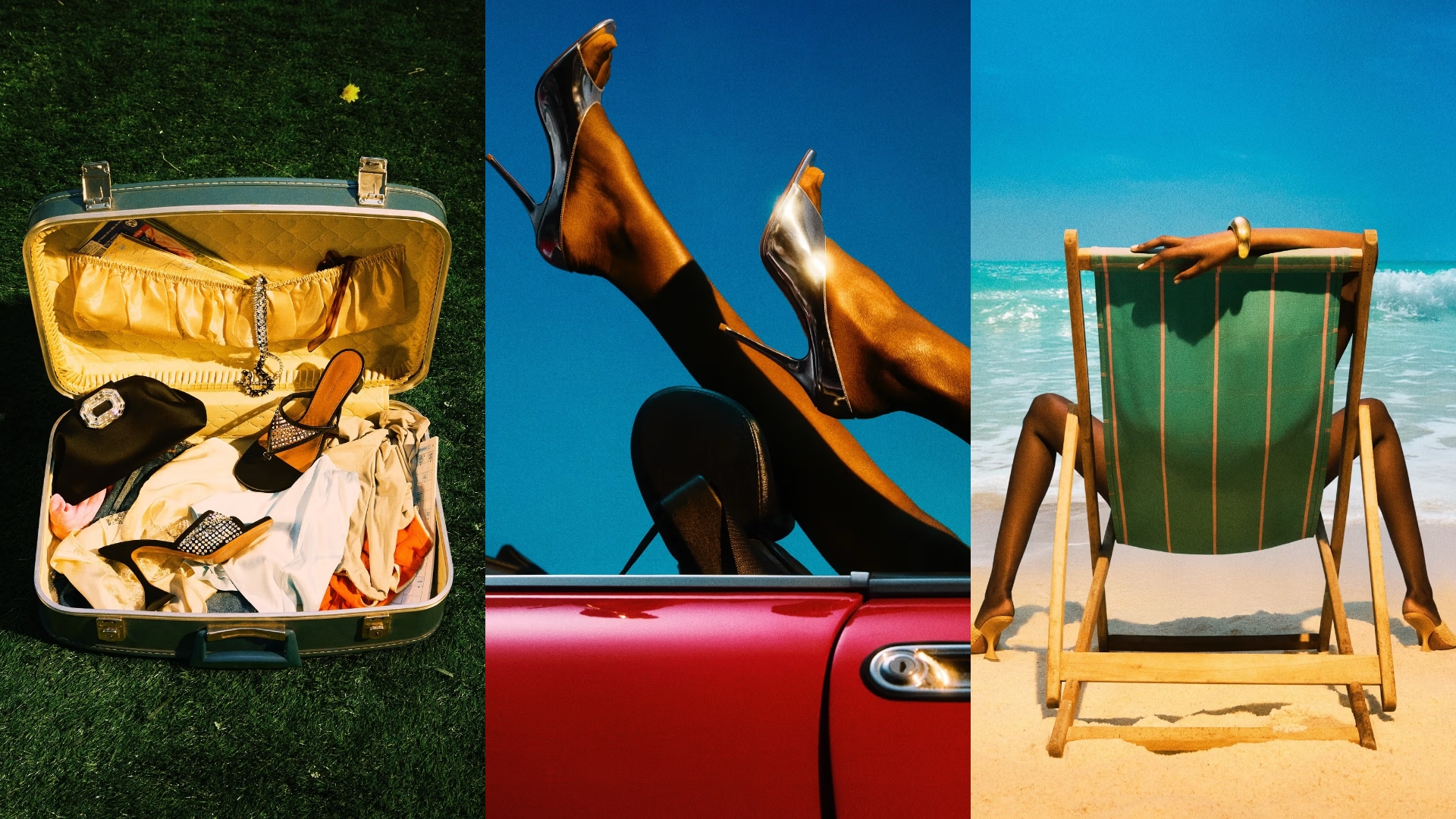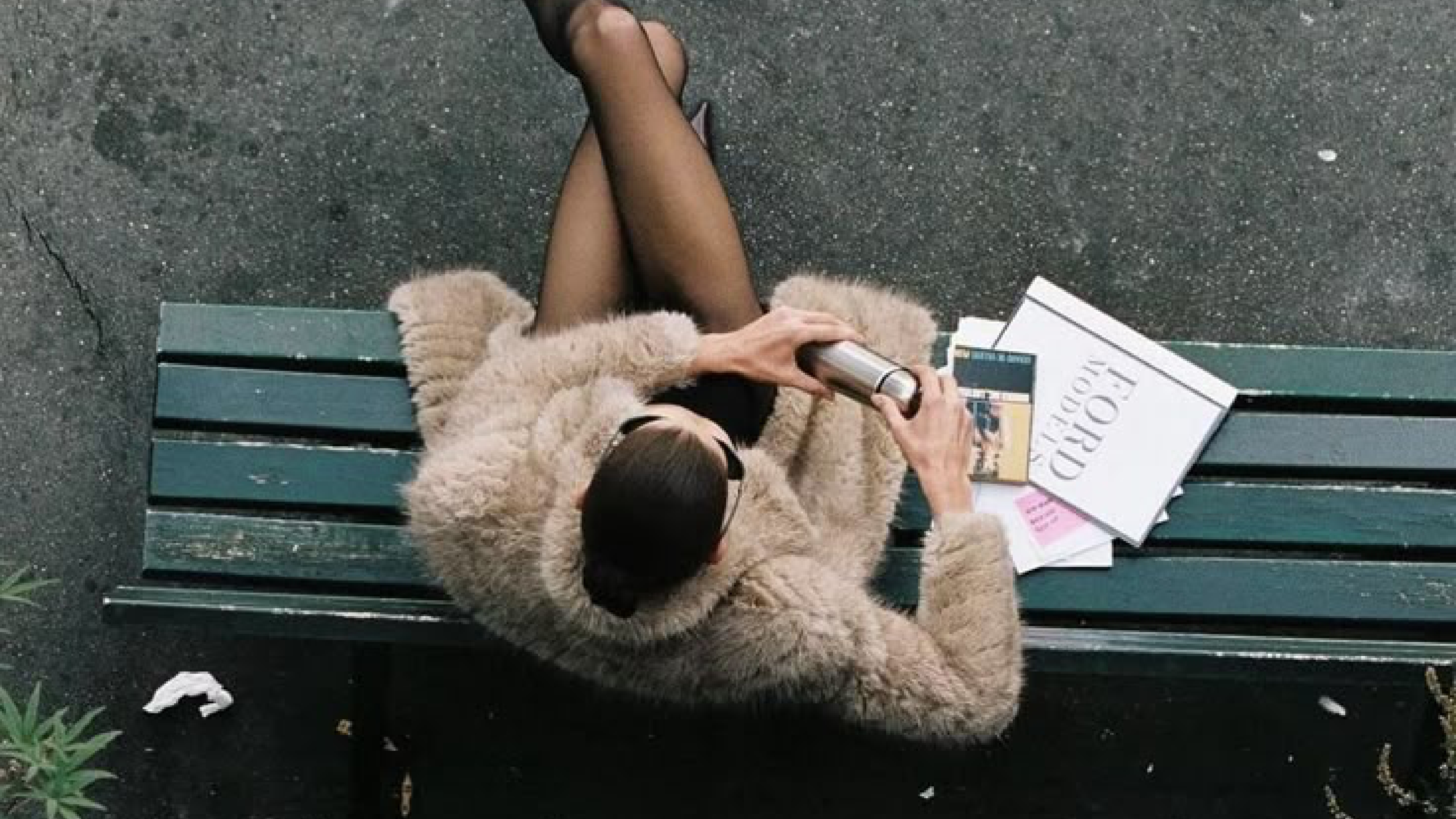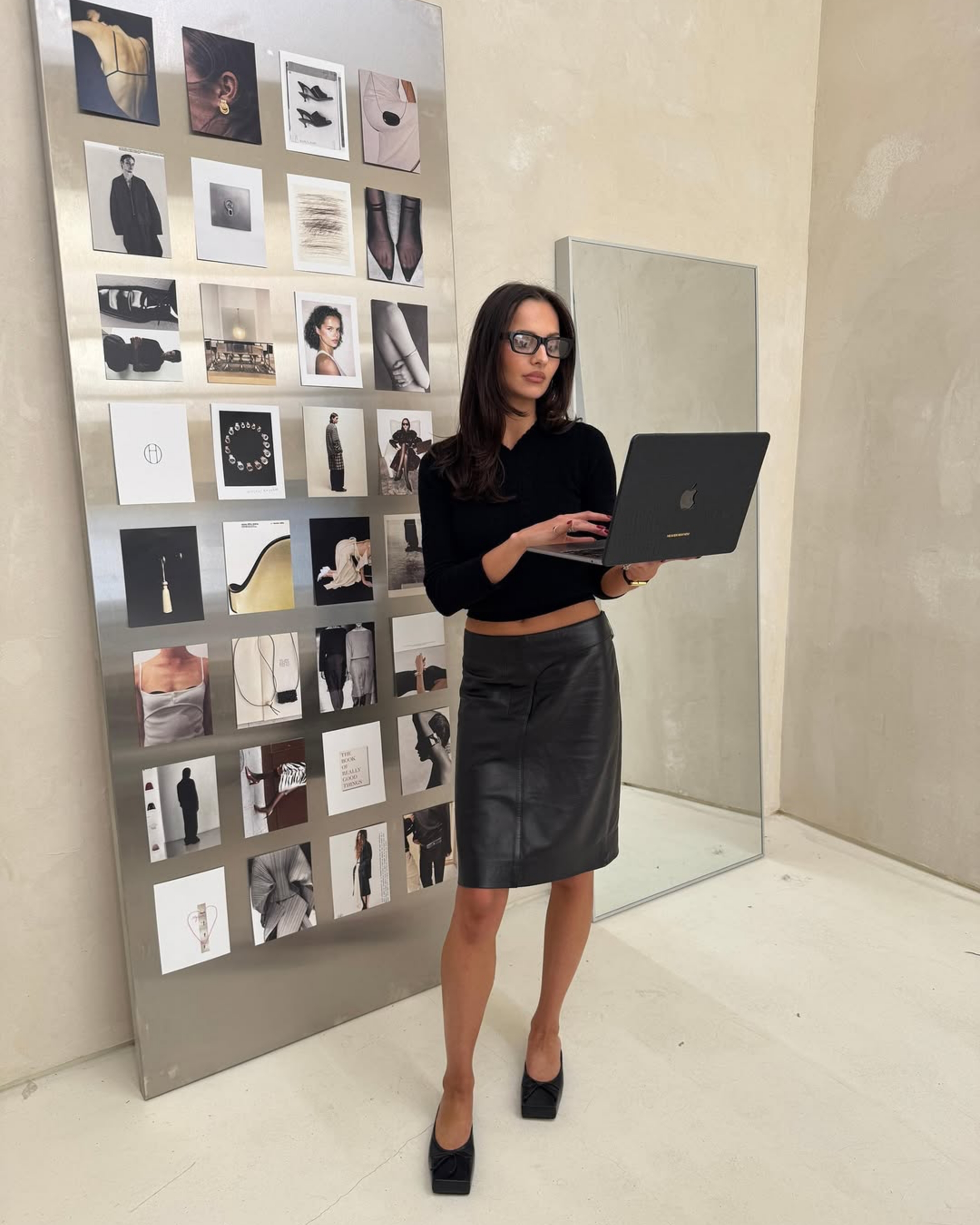Before 2017, finding your perfect shade often felt like a pipe dream—especially for women of colour. But when Rihanna introduced 40 shades of Pro Filt’r Foundation, the landscape of beauty was forever changed. What was once an industry notorious for exclusion suddenly had to reckon with the “Fenty Effect,” forcing brands to expand their shade ranges and rethink their approach to diversity.
Rihanna didn’t just create a beauty line; she spearheaded a movement. Fenty Beauty made inclusivity cool, while also proving it was good for business. It wasn’t just the 40 shades of foundation (now expanded to 50) that grabbed attention—it was the brand’s authentic commitment to making everyone feel seen. From fair to deep skin tones, Fenty bridged gaps that had long been ignored by mainstream brands. Inclusivity became the new gold standard, and the ripple effects were undeniable.

However, despite the significant strides made, the industry is far from perfect. Prada Beauty’s launch in August 2023 with only 10 out of 33 shades designed for darker skin tones raised eyebrows. Similarly, Christian Louboutin’s Teint Fétiche Le Fluid foundation line, though it offers 30 shades, has been criticised for a perceived lack of range for darker skin. It feels like a step backward in a post-Fenty world. While these brands may have made moves towards inclusivity, they haven’t quite matched the precedent Fenty set—and consumers are taking notice.
The viral moment in 2022, when Golloria George documented her struggle to find a suitable foundation shade at a Texas drugstore, was a stark reminder that shade inclusivity remains an ongoing issue. Despite Fenty’s influence, some brands continue to miss the mark, and George’s experience resonated with millions. "It's not that they don't know we exist. It's just simply that we are just not a thought to them," she says of makeup brands with limited shades. Her video, which garnered over 20 million views, highlighted that not enough has changed for many consumers of colour. It served as a reminder that for all the progress we’ve seen, the work is far from done.
This is why Fenty Beauty’s impact goes beyond just makeup—it set a new standard for authenticity in beauty marketing. The brand’s campaigns, like the summer 2024 launch, aren’t just about selling products; they’re about celebrating real people. Fenty’s models come in all shapes, sizes, and skin tones, showing the beauty world that diversity extends far beyond foundation shades. It’s about body positivity, gender inclusivity, and embracing beauty in its many forms.
It’s not about being the first to release a wide shade range; it’s about making inclusivity a core part of your brand DNA. Rihanna’s vision was never just to create makeup that worked for everyone—it was to create a brand where everyone felt seen. As Erin O’Neill, Fenty Beauty’s Senior Vice President, said, "Inclusivity has always come off authentic and unforced."
And it’s that authenticity that has allowed Fenty to lead the charge, not just in makeup, but now with Fenty Skin and Fenty Hair. Each product launch feels like an extension of that same mission: creating a world where no one is left out. The beauty industry, however, still has a long way to go. Indie brands like Youthforia faced backlash in 2022 for launching with only two dark shades out of 15, and while they’ve worked to rectify that mistake, it’s clear that not all brands are willing—or able—to meet the standard Fenty has set.

The lesson here is that inclusivity takes time, investment, and honesty. Brands can’t just release a few extra shades and call it a day. They need to be transparent about where they fall short and committed to expanding their ranges to truly serve all consumers. And it’s not just about foundation. As the world becomes more multicultural, beauty brands must evolve to meet the needs of their global consumers. If they don’t, they’re making more than just a marketing mistake—they’re making a business one.
Seven years in, Fenty Beauty isn’t just a leader in inclusivity; it’s a standard-bearer for what the future of beauty should be. While some brands still lag behind, Rihanna has shown that true diversity isn’t a trend—it’s the foundation of success. And as someone who has struggled to find my place in beauty, I’m grateful that Fenty made it possible for all of us to feel seen. But more importantly, I’m hopeful that other brands will finally catch up.






.svg)


.svg)
.svg)






